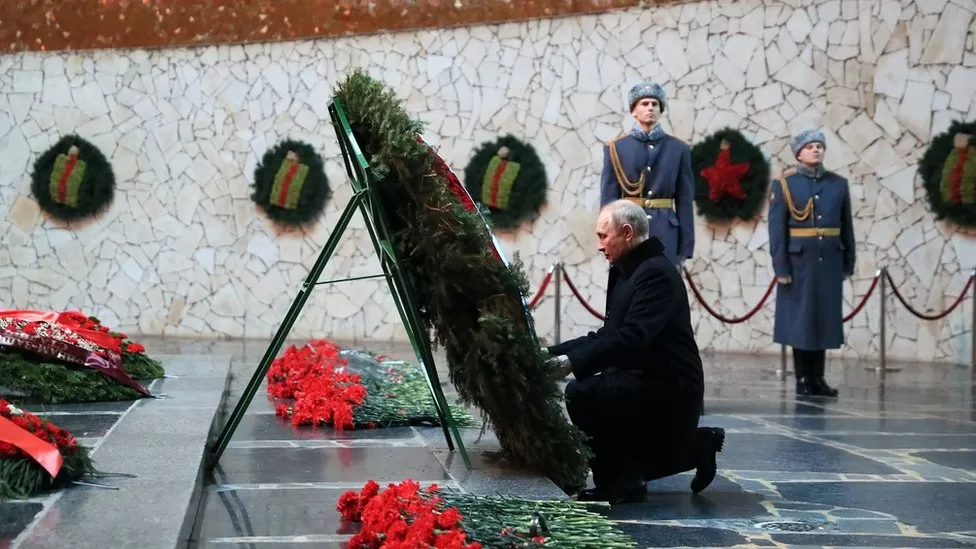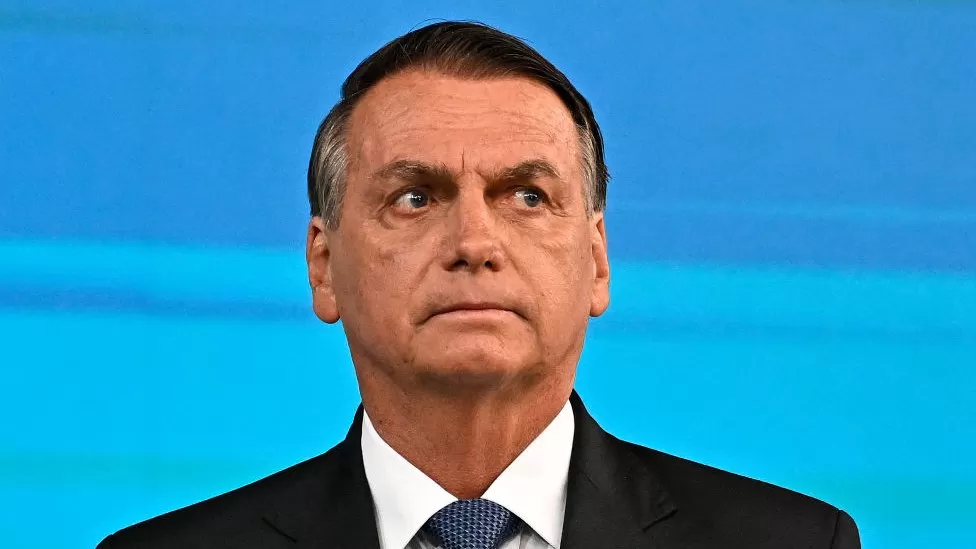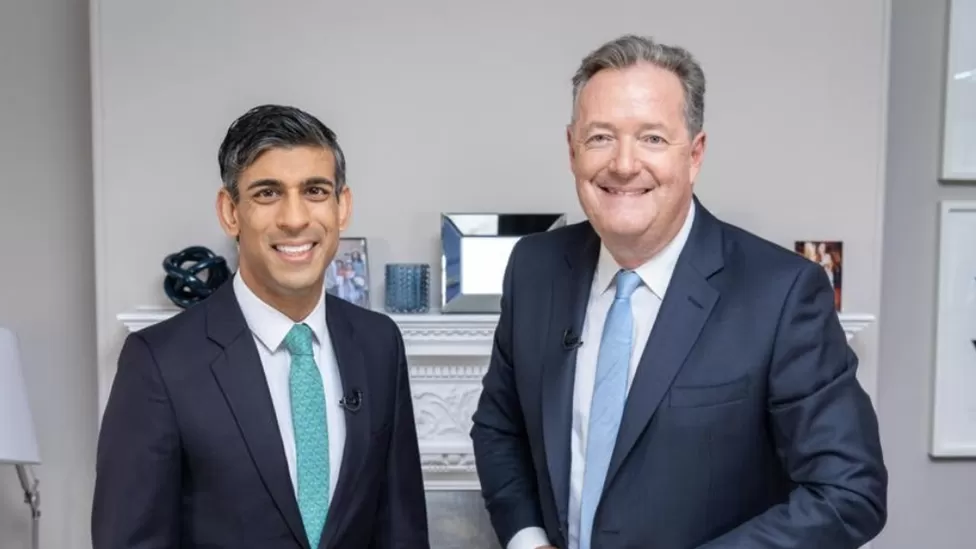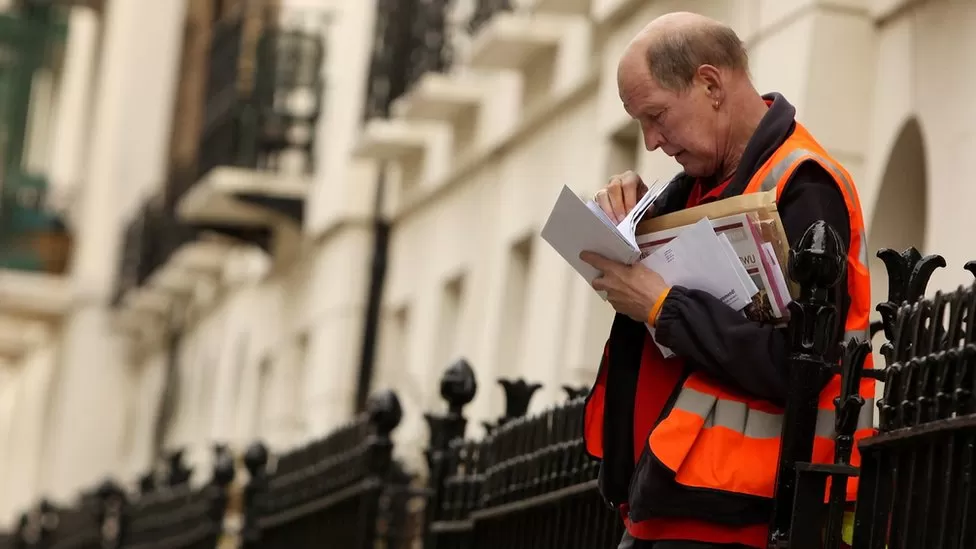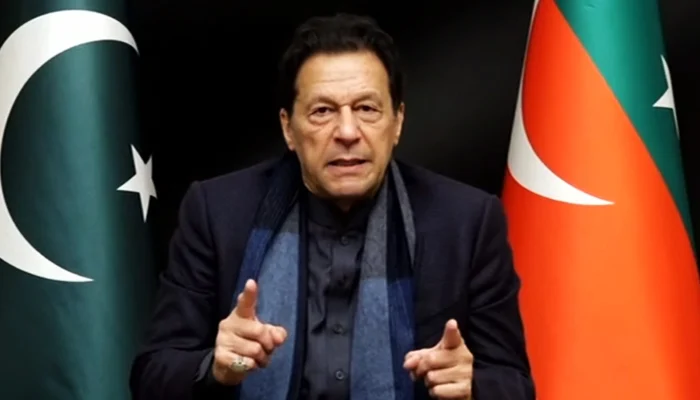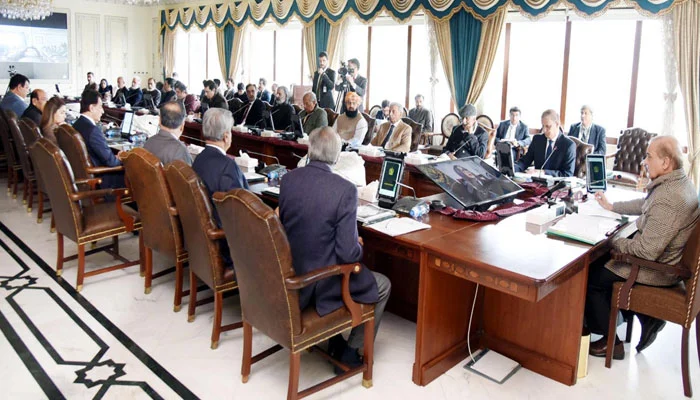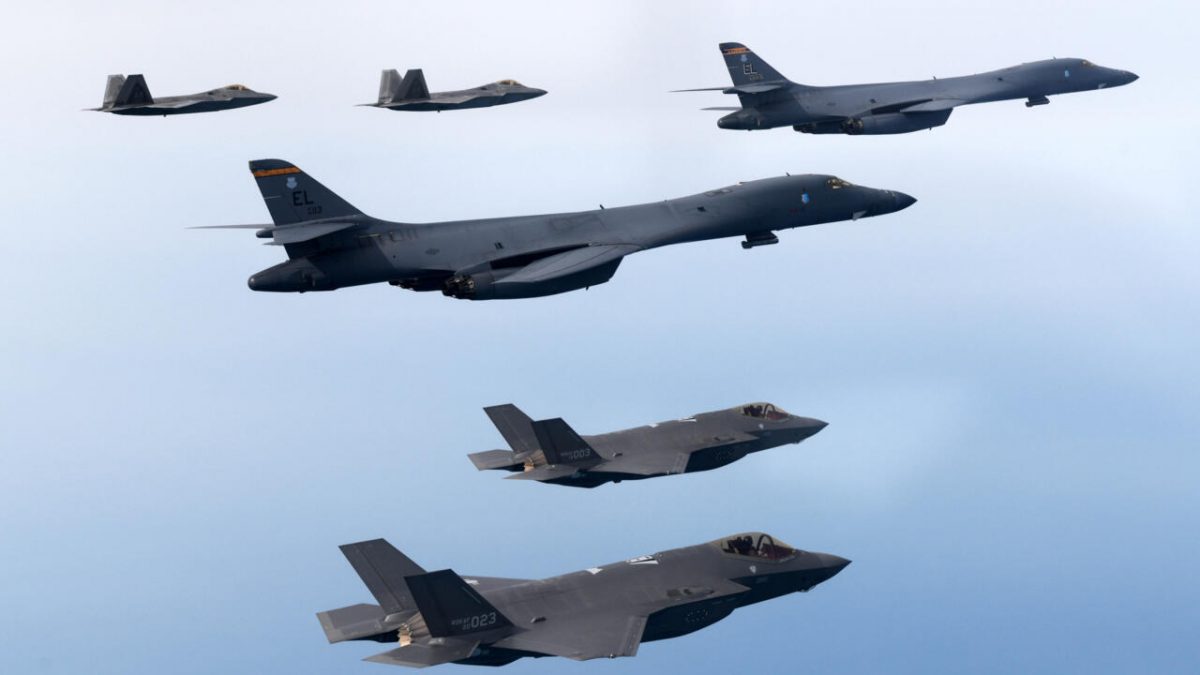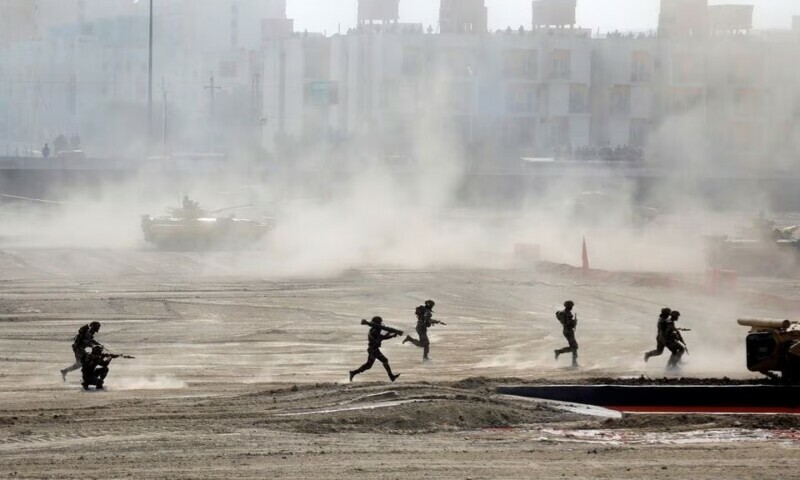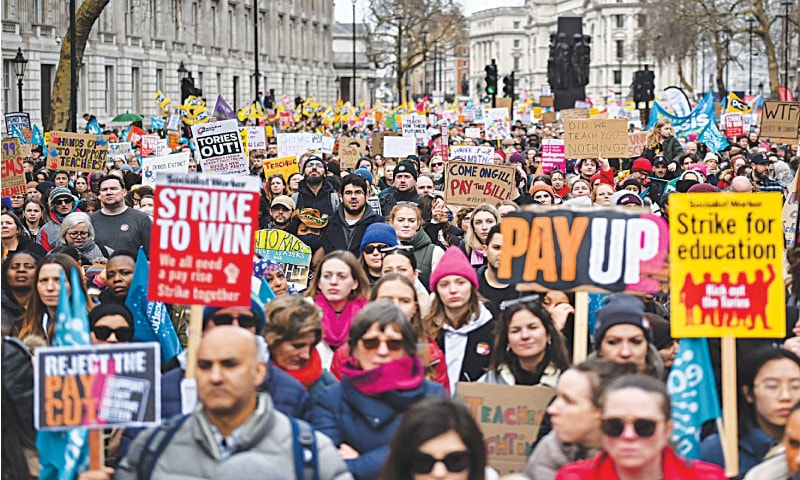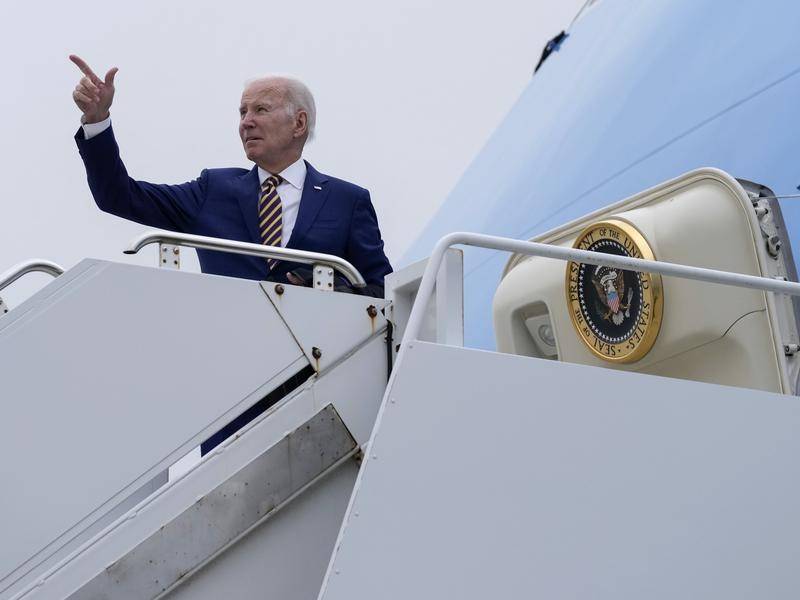Citing Germany’s decision to send tanks to Ukraine, the Russian president said history was repeating itself.
“It’s unbelievable but true,” he said. “We are again being threatened by German Leopard tanks.”
Germany is one of many countries helping Ukraine defend its territory.
Russia launched its bloody, full-scale invasion almost one year ago, prompting Western countries to send weapons and aid to the government in Kyiv.
Speaking in Volgograd – the modern name for Stalingrad – Mr Putin hinted that he could seek to move beyond conventional weapons.
“Those who hope to defeat Russia on the battlefield do not understand, it seems, that a modern war with Russia will be very different for them,” the 70-year-old leader said. “We are not sending our tanks to their borders, but we have the means to respond. It won’t be limited to the use of armoured hardware. Everyone must understand this.”
Kremlin spokesperson Dmitry Peskov declined to elaborate on Mr Putin’s comments but did tell reporters that “as new weapons are delivered by the collective West, Russia will make greater use of its potential to respond”.
Mr Putin was in Volgograd to mark the anniversary of the end of World War Two’s Battle of Stalingrad, which saw the Soviet army capture nearly 91,000 German troops in a major turning point of the war.
Over a million people perished in the battle – the bloodiest of the conflict.
Volgograd was temporarily renamed Stalingrad for the day to mark the anniversary, and earlier this week a new bust of the former Soviet leader Joseph Stalin was unveiled.
Stalin – who led the Soviet Union between 1924 and his death in 1953 – was accused of orchestrating a famine in Ukraine between 1932-33.
The event – called the Holodomor by Ukrainians – killed an estimated five million people and was recognised as a genocide earlier this week in Bulgaria.
Throughout the war in Ukraine, Mr Putin has falsely sought to present Russia’s invasion as a battle against nationalists and Nazis – who he says are leading the Kyiv government.
And he returned to the theme throughout his speech.
“Now, unfortunately, we see that the ideology of Nazism, already in its modern guise, in its modern manifestation, again creates direct threats to the security of our country,” he said.
“Again and again we have to repel the aggression of the collective West.”
But he vowed that while it was “unbelievable but true” that Russia was again being threatened by German tanks, Moscow had an answer for any country that threatened it.
Berlin has agreed to send 14 Leopard 2 tanks to Ukraine, prompting the Russian company Fores – a Urals-based energy industry firm – to offer five million roubles (£58,250) to the first Russian soldier to destroy or capture one.
Mr Putin also laid flowers at the grave of the Soviet marshal who oversaw the defence of the city, and visited the main memorial complex where he led a moment of silence for those that died in the battle.
Meanwhile, thousands of Volgograd residents lined the city’s streets to watch a military parade.
As planes roared overhead, modern and World War Two-era tanks rolled along the centre of the city. Some of the modern vehicles were marked with the letter Z, which has become the symbol of Russia’s invasion.
Local media reported that regional Governor Andrey Bocharov – who accompanied Mr Putin to the memorial complex – was not at the parade. He had not been seen since 24 January, leading to speculation that he was isolating before meeting the president.
Elsewhere, Ukrainian President Volodymyr Zelensky said Russia was preparing to take “revenge” against the West for aiding Ukraine.
“Now Russia is concentrating its forces. We all know that. It is preparing to try to take revenge, not only against Ukraine, but against a free Europe and the free world,” Mr Zelensky said in Kyiv.
Speaking alongside EU Commission President Ursula von der Leyen, Mr Zelensky said Russia was “increasing the pace of adaptation to sanctions” and urged the EU leader to impose additional restrictions on the Russian economy.
Later, addressing the National Prayer Breakfast in the US via videolink, Mr Zelensky thanked US President Joe Biden for his support and set Ukrainian forces a goal of defeating the Russian invasion in the next year.
“We must do everything we can together so that next year – on the first Thursday of February – we will be able to pray simply with thanks for the obtained salvation from evil,” Mr Zelensky said.


